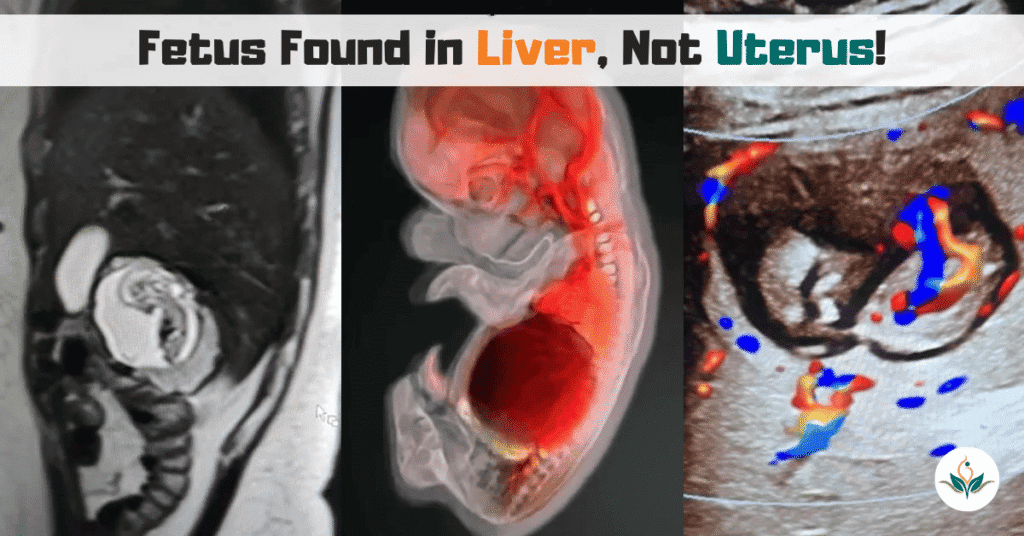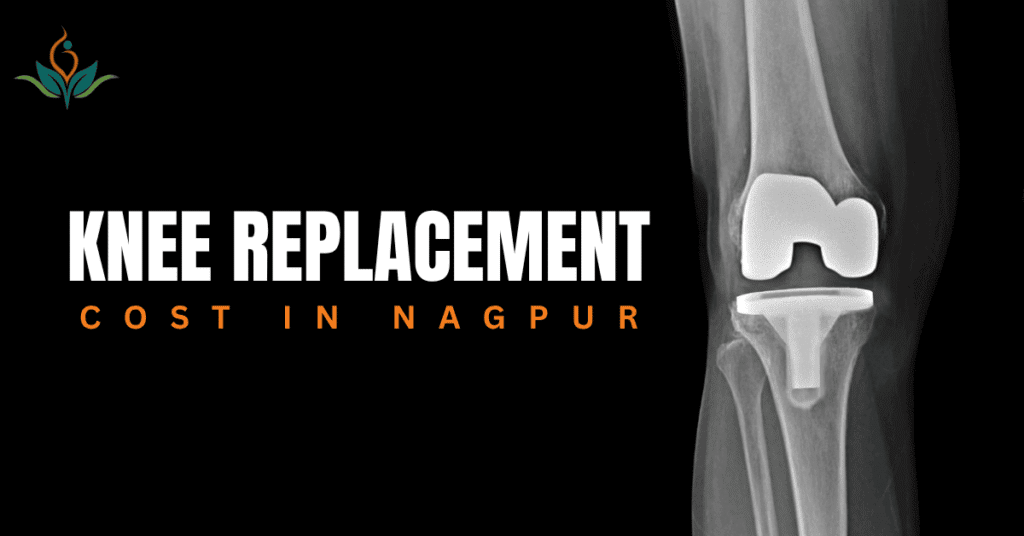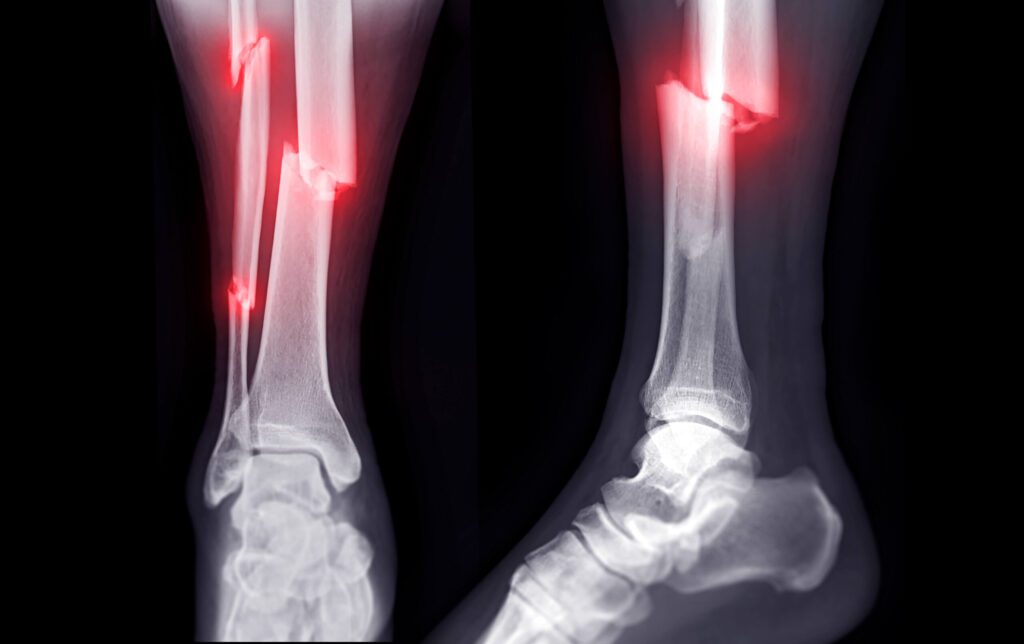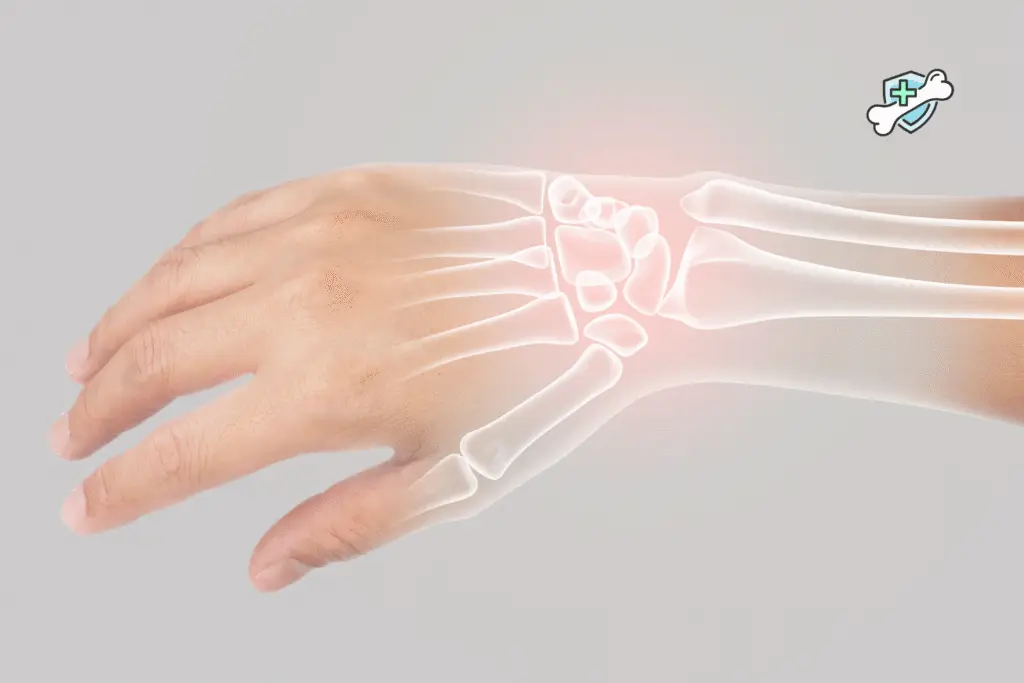
Published by Vishesh Hospital

Intrahepatic ectopic pregnancy is one of the rarest forms of ectopic pregnancy, where a fertilized egg implants within the liver, rather than the uterus or fallopian tubes. Globally, fewer than eight cases have ever been documented, and its medical implications are extraordinarily severe due to the liver’s dense blood supply and lack of structural support for pregnancy. ⇒
In July 2025, doctors in Bulandshahr, Uttar Pradesh, diagnosed a 30-year-old woman with intrahepatic ectopic pregnancy—the first known case in India. After weeks of abdominal pain and vomiting, routine ultrasounds failed to reveal the cause. An MRI scan uncovered a live, 12-week-old foetus “embedded in the right lobe of her liver,” with active cardiac pulsations and an empty uterus.
A multidisciplinary team, including radiologists, obstetricians, and hepatobiliary surgeons, acted swiftly, planning emergency surgery to save the patient’s life and manage this potentially fatal condition. In such cases, the primary medical goal is always to preserve maternal health.
Only eight cases have ever been reported worldwide, in countries including the United States, China, Nigeria, and now India.
Intrahepatic implantation is a medical phenomenon, representing about 0.03% of all ectopic pregnancies.
Ectopic pregnancies most commonly (97%) occur in the fallopian tubes, making hepatic forms exceptionally rare and dangerous.
Persistent abdominal pain, especially in the upper abdomen
Severe or unusual vomiting
Weakness, fatigue, and dizziness
Abnormal vaginal bleeding
No relief from routine pain management
Prior ectopic pregnancy
Pelvic inflammatory disease
Previous abdominal surgery
Use of assisted reproductive technologies
However, intrahepatic cases may occur without classic risk factors—delaying discovery.
MRI and CT scans are essential as routine ultrasound may miss intrahepatic gestational sacs.
Detailed blood tests confirm elevated hCG pregnancy hormone levels.
Persistent pain and ambiguous tests require specialist involvement and advanced imaging for confirmation.
Open or laparoscopic surgery may be required.
Sometimes partial liver resection is necessary to prevent fatal internal bleeding.
In select stable cases, methotrexate medication can help dissolve pregnancy tissue, reducing bleeding risk before surgery. ⇒
Intensive care for bleeding, infection, and liver function
Monitoring hCG to confirm resolution
Collaboration among obstetric, hepatobiliary, and anesthesia teams is critical for success.
India’s 2025 Case:
First documented live intrahepatic pregnancy in India led to rapid emergency intervention; now being studied for future guidance. ⇒
Global Incidence:
Only seven similar cases reported previously in literature; all involve multidisciplinary management and highlight the need for prompt diagnosis. ⇒
Systematic Reviews:
Modern reviews suggest methotrexate may precede surgery, reducing blood loss; however, most cases still require surgical intervention due to hemorrhagic risk. ⇒
Appointment
Don’t let gynecological issues impact your well-being. At Vishesh Hospital, our expert gynecology services in Nagpur provide compassionate care for every stage of a woman’s life. Whether you’re facing menstrual irregularities, planning a pregnancy, or need advanced treatment, our experienced team is here to support your health with confidence and care.











At Vishesh Hospital, we care with compassion, treat with dedication, and put every life first — because caring is at the heart of healing.
Copyright © 2025 Vishesh Hospital – Developed by Snyptech